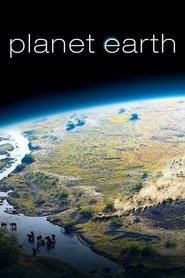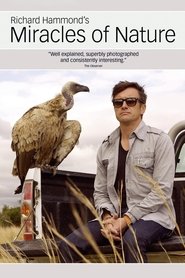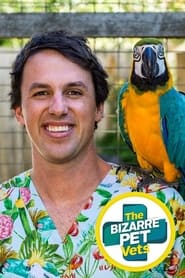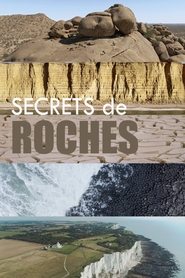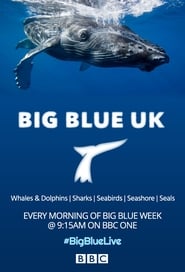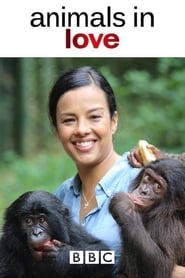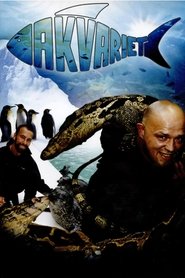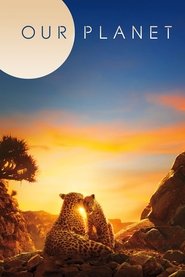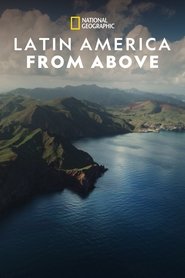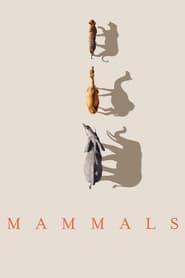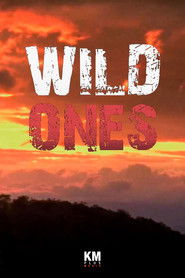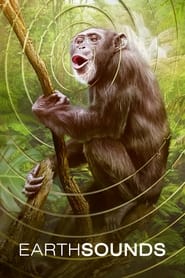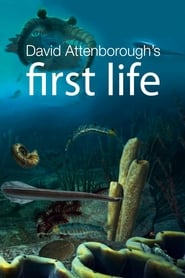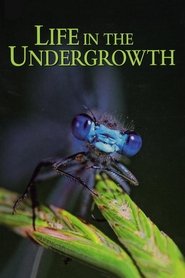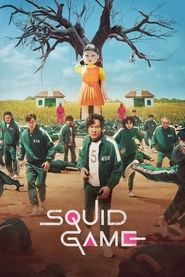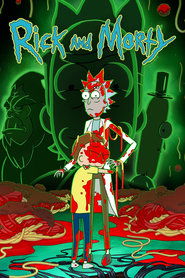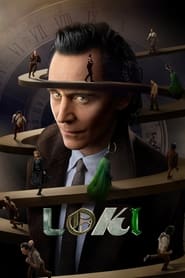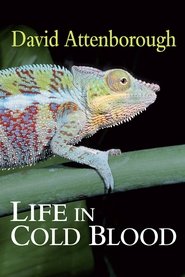
Life in Cold Blood - Season 1 Episode 5 Armoured Giants
The final programme covers the most ancient of the reptiles: the crocodiles and turtles. In the Galápagos Islands, among the giant tortoises, Attenborough explains how the creatures came to develop their shells as a defence against predators. This is demonstrated by the eastern box turtle, whose shell includes a hinged 'drawbridge'. The aquatic pig-nosed turtle is unusual in that its eggs need to be submerged before hatching, whereas those of other species would drown; Attenborough illustrates this by dropping an egg into a jar of water: it immediately hatches. In the open ocean, male sea turtles attempt to separate a rival from its mate by attacking and overwhelming the pair, stopping them from taking in air. In northern Australia, Attenborough observes a large gathering of crocodiles at a flooded coastal road: they time their arrival to ambush migrating mullet. The complex communication and body language of the American alligator is investigated and in Argentina, the calls of young caimans help their mother locate and lead them to a nursery pool. The mother's maternal instinct extends to releasing unhatched babies by gently crushing their eggs in its jaws. In Venezuela, a female spectacled caiman in charge of an entire crèche leads the infants from a drying river bed on a trek to permanent water
- Title: Life in Cold Blood
- Year: 2008
- Genre: Documentary
- Country: United Kingdom
- Studio: BBC One
- Director:
- Cast: David Attenborough
- Crew: Sara Ford (Executive Producer), James Brickell (Producer), Catherine McCarthy (Executive Producer), Miles Barton (Producer), Hilary Jeffkins (Producer)
- Keyword: snake, lizard, turtle, animals, nature, reptile, amphibians
- Runtime: 50 minutes
- IMDb: 8.30 / 10 by 27 users
- Popularity: 7.006
- First Air Date: Feb 04, 2008
- Last Air date: Mar 03, 2008
- Season: 1 Season
- Episode: 5 Episode
- Language: English
 Apple TV
Apple TV Google Play Movies
Google Play Movies Fandango At Home
Fandango At Home Netflix
Netflix Amazon Prime Video
Amazon Prime Video Amazon Video
Amazon Video MUBI
MUBI